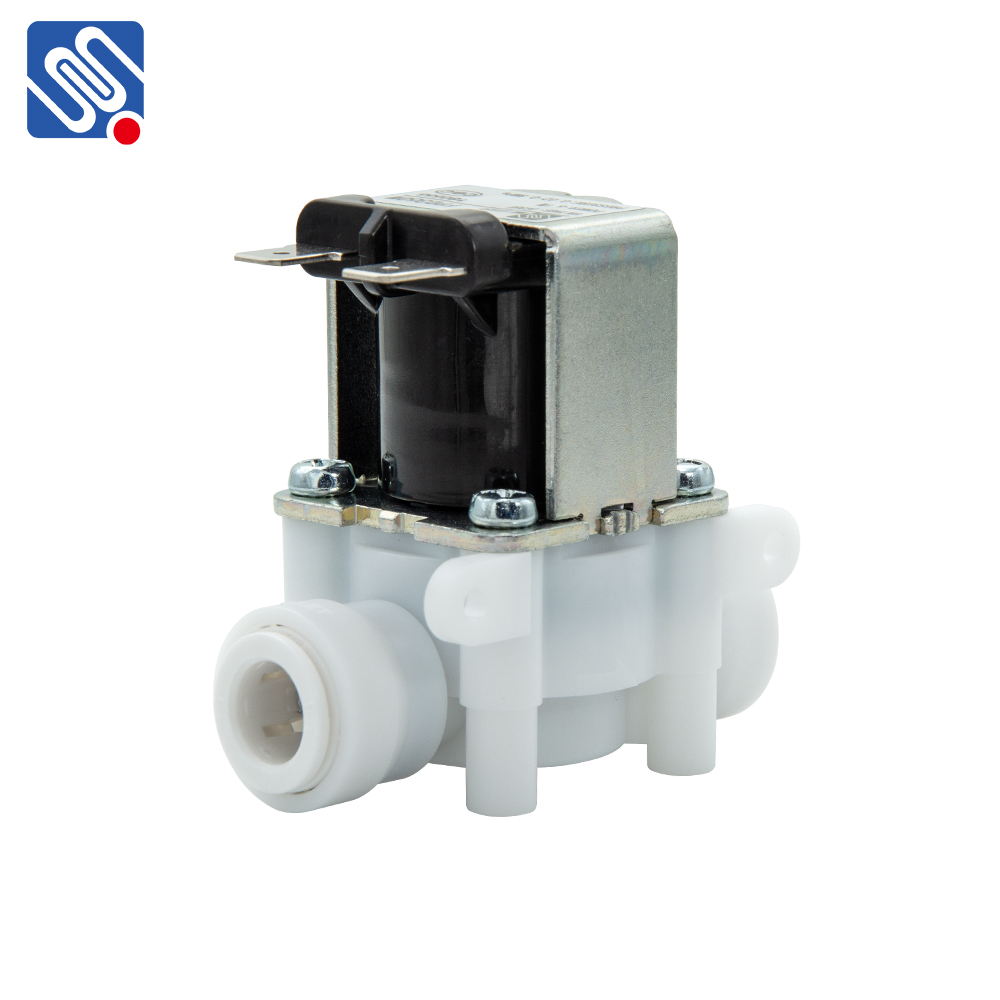A Plastic Solenoid Valve is a modern, efficient solution for fluid and gas flow control, offering a blend of lightweight design, high durability, and excellent resistance to corrosion. This type of valve, typically used in a wide range of applications across industries, utilizes an electromagnetic coil to control the opening and closing of the valve, allowing for precise regulation of the flow in a system. As industries move toward automation, the demand for solenoid valves that are both reliable and cost-effective continues to rise. In this article, we will explore the functionality, advantages, applications, and the key features of plastic solenoid valves.

What is a Plastic Solenoid Valve? A plastic solenoid valve is a device that controls the flow of liquids or gases through a pipe by using an electromagnet to actuate the valve. The valve’s external casing is made from a variety of plastic materials, such as PVC, polypropylene, or nylon, which makes it ideal for use in environments where weight and corrosion resistance are essential. The working principle of a solenoid valve involves the activation of an electromagnetic coil that moves a plunger or valve mechanism to either open or close the valve, thereby regulating the fluid flow. Key Features of Plastic Solenoid Valves